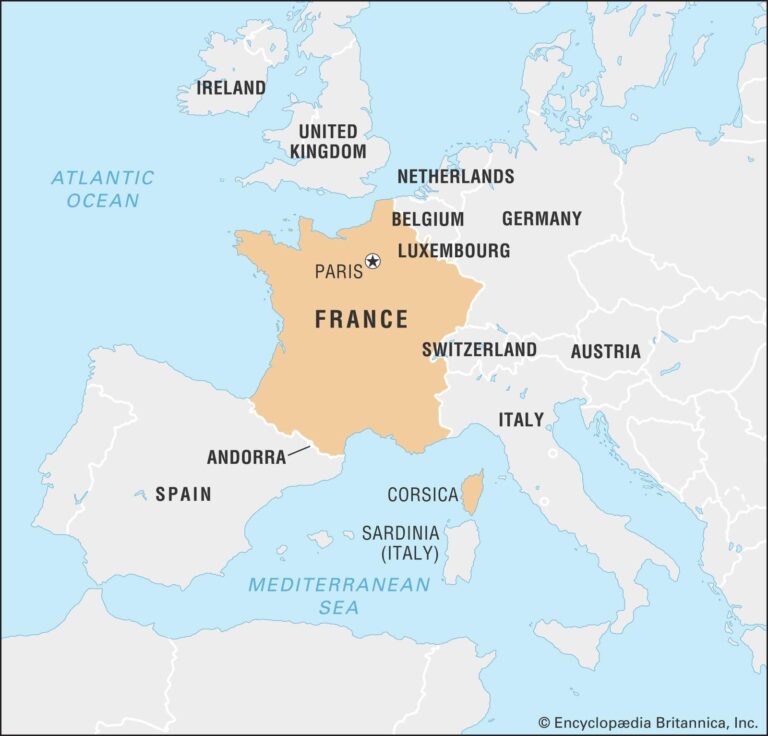A recent report by a prominent non-governmental organization has raised alarms over the state of democracy in France, suggesting that the country has been “dropping out of democracy” since 2017. The findings, highlighted in an exclusive by Le Monde.fr, underscore growing concerns about political freedoms, government accountability, and civic participation in one of Europe’s core democracies. As France marks nearly a decade of President Emmanuel Macron’s leadership, the NGO’s analysis prompts urgent questions about the health and future of democratic institutions in the nation.
France Faces Erosion of Democratic Norms Since 2017, NGO Report Reveals
According to a recent report by a leading NGO, several key democratic institutions in France have experienced significant weakening since 2017, raising concerns about the country’s political trajectory. The study highlights restrictive measures on civil liberties, a tightening grip on the judiciary, and increasing marginalization of opposition voices as crucial factors contributing to this decline. Such developments have sparked alarm among international observers who note a growing divergence from established European democratic standards.
The report outlines specific areas where erosion is most evident, including:
- Increased government interference in public media outlets
- Legislative restrictions curbing freedom of assembly
- Challenges faced by NGOs and activists due to regulatory hurdles
- Judicial independence being compromised by political influence
| Indicator | 2017 Status | 2023 Status |
|---|---|---|
| Press Freedom Score | 85 / 100 | 68 / 100 |
| Judicial Independence | High | Moderate |
| Freedom of Assembly | Unrestricted | Limited in key cities |
Civil Liberties and Press Freedom Under Threat Amid Growing Government Control
Since 2017, mounting concerns have emerged over the steady erosion of fundamental rights in France, with multiple watchdog organizations highlighting a decline in democratic norms. Reports underscore a systematic tightening of government controls, which has placed essential freedoms, particularly civil liberties and press independence, under increasing strain. Alarmingly, these shifts have invoked critical assessments citing a drift towards authoritarian tendencies, where the balance between state power and individual rights appears increasingly skewed.
Key areas under pressure include:
- Freedom of Expression: Restrictions on journalists and media outlets have intensified, undermining their ability to report freely and hold power accountable.
- Surveillance Measures: Expanded state monitoring of citizens under the guise of national security has raised red flags about privacy intrusions.
- Legislative Constraints: Recent laws have been criticized for curbing public demonstrations and limiting civic participation.
| Aspect | Pre-2017 | Post-2017 | ||||||||||||||||||||||
|---|---|---|---|---|---|---|---|---|---|---|---|---|---|---|---|---|---|---|---|---|---|---|---|---|
| Press Freedom Ranking | 45/180 | 68/180 | ||||||||||||||||||||||
| Number of Press-Related Laws | 12 | 28 | ||||||||||||||||||||||
| Public Demonstrations Restricted | Occasional |
Since 2017, mounting concerns have emerged over the steady erosion of fundamental rights in France, with multiple watchdog organizations highlighting a decline in democratic norms. Reports underscore a systematic tightening of government controls, which has placed essential freedoms, particularly civil liberties and press independence, under increasing strain. Alarmingly, these shifts have invoked critical assessments citing a drift towards authoritarian tendencies, where the balance between state power and individual rights appears increasingly skewed. Key areas under pressure include:
|




